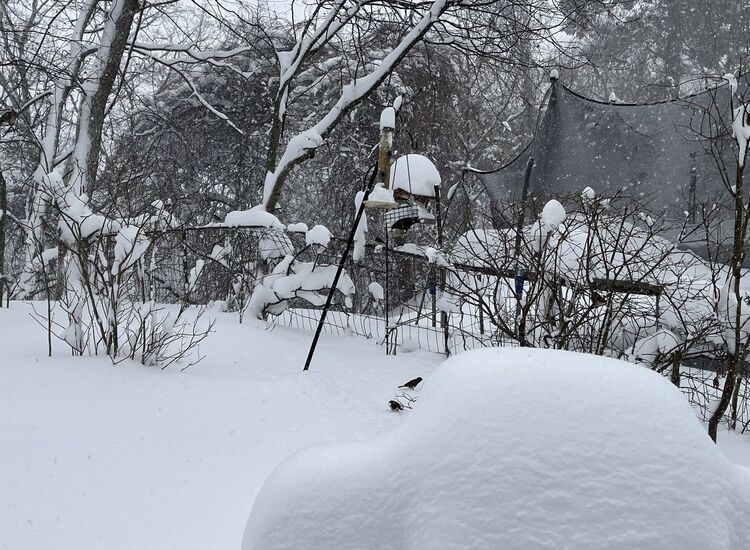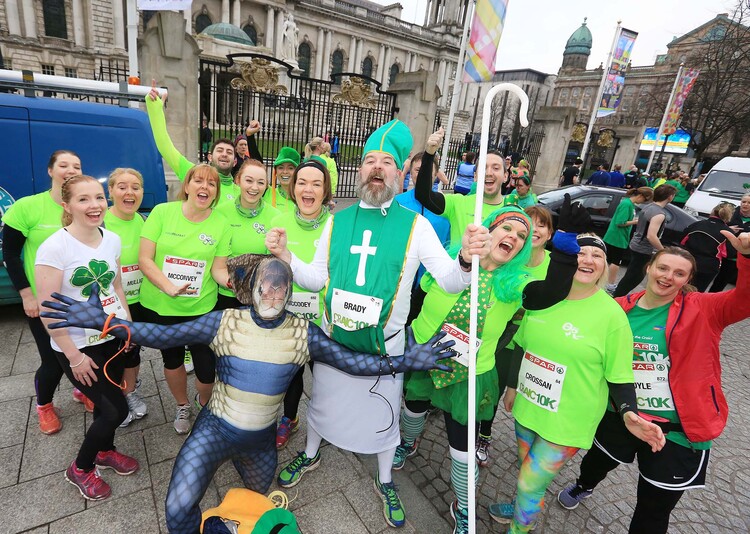Kate Rusby latest CD is less about herself and more about her family and her hometown.
Music Notes / By Colleen Taylor
Kate Rusby’s new studio album, “Philosophers, Poets & Kings,” begins with a literal gallop of a tune. The song “Jenny” tells of an under-horse, an ordinary mare that surprises everyone on race day by beating out the stallions and winning first prize. The immediately catchy chorus trots along with the lyrics: “She was ordinary /Hadn’t got any, hadn’t got anyone.” As an opening song, “Jenny” could not be more fitting, or more ironic. Kate Rusby has won her own race yet again, producing a new superb album in quick and record time, vindicating her title as Queen of the Folkies. And yet, there is nothing “ordinary” about Rusby or her album.
For her previous three records, Rusby experimented with blending folk and electronica. “Life in a Paper Boat” (2016) and “Ghost” (2014) got modern and creative by applying reverb to Rusby’s traditional folk vocals, creating a Gothicized, new-age atmosphere around her original tunes. In “Philosophers, Poets & Kings,” however, Rusby returns to her original acoustic folk model, reminding us what made her the Queen of the Folkies in the first place. This album, however, is less about Rusby herself and more about her family and her hometown in Barnsley, Yorkshire, featuring songs co-written with her father, traditional tunes rearranged in dedication to family tradition (and wine), and original folklore about various people, both real and apocryphal, in Rusby’s village. Having listened at least 15 to 20 times now, I am convinced there is mastery in this album. “Philosophers, Poets & Kings” is quickly winning the race to become my favorite Rusby album—perhaps my favorite folk album—to date.
Across the 12 tracks, Rusby celebrates her parents by recording songs that are, in her words, “part of the family.” One such song is “Bogey’s Bonnie Belle,” a long-time favorite of Irish folk singers, including Christy Moore and Cherish the Ladies. A Scots song, it was first recorded in the mid-20th century, and remains one of my own favorite songs—a tragic romance set to mournful melody. The inherent sweetness in Kate Rusby’s voice takes this song to new depths and transforms the song’s male speaker and his beloved Isabelle from mere lyrics into real characters. The arrangement echoes across time and ghosts, thanks to the inventive incorporation of electronic guitar and moog, bookended by traditional whistles and vocals. As her emotive rendition of “Bogey” evinces, Rusby can reinvent traditional songs better than anyone recording today. One of the album’s most playful songs, “The Squire and the Parson” is the fruit of a father-daughter collaboration; Rusby and her father Steve wrote the tune together and based it off a local legend. This conversational musical satire relishes a subversion of class hierarchy, when tavern workers share a wink and a laugh over their squire and parson, who erroneously believe they caught a notorious highwayman the previous night, when in fact, the two men simply fought each other in a drunken fog.
Like all of Rusby’s albums, “Philosophers, Poets & Kings” moves seamlessly across the emotional spectrum, from jaunty, comic tunes like “Jenny” and “The Squire and the Parson” to “Halt the Wagons,” one of the album’s most moving tracks. Rusby wrote “Halt the Wagons” in commemoration of the Huskar Pit Disaster, when, in 1838, 26 children lost their lives in a South Yorkshire mine, leading to legislature that prevented children under the age of 10 from working underground. The song is gorgeous in its simple, subdued, yet affective brass instrument arrangement, featuring the harmonizing chorus of flugle horn, French horn, cornet, and tuba. In order to give voice to the children who lost their lives, Rusby sings with the Barnsley Youth Choir. Another deeply moving song on the album, “The Wanderer,” is an original ballad honoring a man in Rusby’s village who suffers from Alzheimer’s.
Perhaps my favorite track on the album, however, is “The Farmer’s Toast,” arranged by Rusby and her husband Damien O’Kane. O’Kane, who hails from Coleraine, Derry, released his own traditional crossover album, “Avenging Bright,” in 2018, and more recently, a strictly traditional collaboration with Ron Block, “Banjophony.” In “The Farmer’s Toast” everything that is precious about folk music comes alive—expert tune arrangement, joyous balladeering, and historical flare. This song epitomizes what Rusby does best: reanimating tradition, making it youthful, lively, and captivating. In songs like this (and albums like this), Rusby proves herself a better historian than the academics. She is able to recreate the past, to time travel, to place her listener squarely in the context of nineteenth century rural British life—to resurrect the characters, the details, and the spirit of that world and make it feel real, as if you had been there yourself.
This album has roots—literally and figuratively. It’s rooted in family tradition, in the clan-based praxis of folk music, where parents pass songs and tales to their children. But the album actively roots its listener too—in the song’s imagination, in the pub session where these songs thrive among drinks shared, and in the village life of the North English, Scottish, and Irish countryside. As someone who studies 18th-century Ireland and Britain, I often think the world I read about in the archives is lost—a place where tales are told between neighbors, songs sung in the pub and the barn, where the local purview takes precedent. In our increasingly global, web-based society, it feels like appreciation for the local, for tradition, is slowly slipping away. But Kate Rusby’s music, and especially “Philosophers, Poets, and Kings” proves that world of story, song, clans, and intimacy is not lost. You just have to look—and listen—in the right places.
“Philosophers, Poets & Kings” is officially released today. You can preorder and find out where to see Rusby and her band live in 2019 at katerusby.com.








